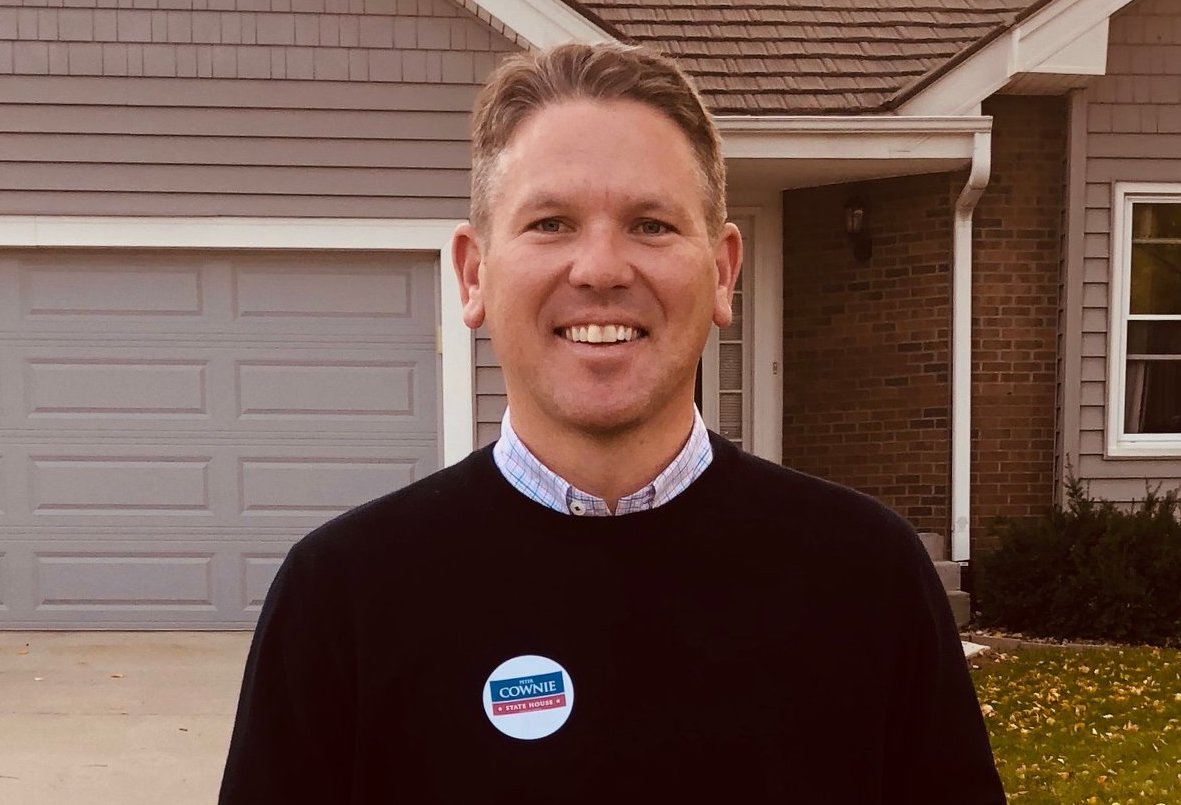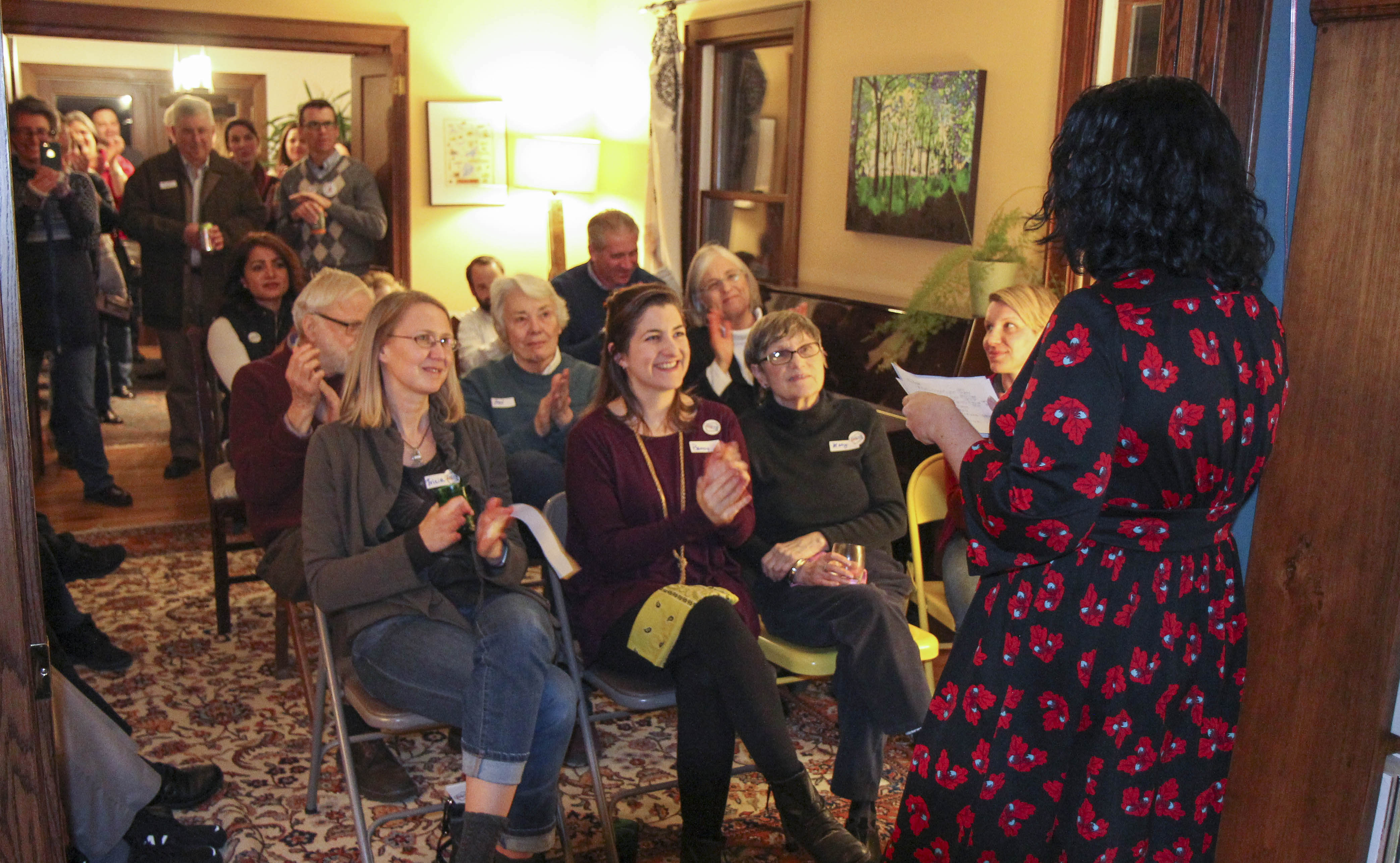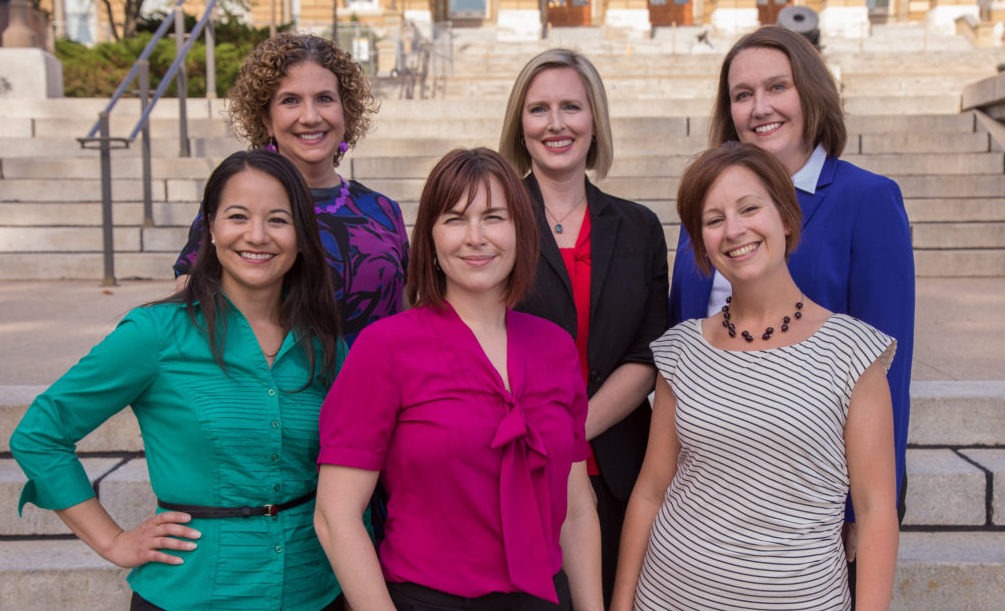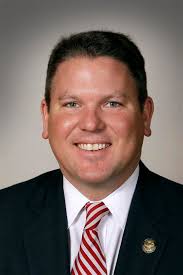The filing deadline for statewide and state legislative offices closed at the end of business today. John Deeth has been covering the highlights at his blog. Click here to download a pdf file from the Secretary of State’s office for the full candidate list.
As I mentioned earlier, Governor Chet Culver has no primary challenger. All three remaining Republican gubernatorial candidates qualified for the ballot (Terry Branstad, Rod Roberts, Bob Vander Plaats).
There will be a three-way Democratic primary for U.S. Senate between Roxanne Conlin, Tom Fiegen and Bob Krause.
Republicans have a full slate of candidates for statewide offices. Sadly, Democrats failed to find anyone to take on Auditor David Vaudt.
Four Republicans filed against Bruce Braley in Iowa’s first Congressional district, and four Republicans filed against Dave Loebsack in the second district. All seven declared GOP candidates qualified for the ballot in Iowa’s third district. I would not be surprised if a district convention ends up selecting Leonard Boswell’s opponent.
Bill Maske is the only Democrat running against Tom Latham in Iowa’s fourth Congressional district. As expected, we will have a competitive primary in the fifth between Mike Denklau and Matt Campbell.
Most surprising statehouse district left uncontested: House district 16 in northeast Iowa. I had heard rumors that Republicans had no candidate against freshman State Representative John Beard, but I’m still shocked they left him unchallenged. That was a battleground race in 2008. Does anyone know whether a GOP district convention will be able to name a candidate for this race later?
Democrats didn’t leave any obviously competitive statehouse districts open. I’m a little disappointed we don’t have a candidate in House district 73, from which Republican Jodi Tymeson is retiring. It is a fairly strong GOP district, but I thought a candidate pounding the pavement there might help State Senator Staci Appel in her re-election campaign against Kent Sorenson (Senate district 37).
We found a candidate in House district 51 (Carroll County), which Rod Roberts is vacating to run for governor. Democrat Larry Lesle of Manning will face the winner of a three-way GOP primary.
Yesterday two-term incumbent Elesha Gayman surprised many people by announcing her retirement from House district 84 in Davenport. Gayman indicated that no one had been lined up to replace her, but today Shari Carnahan filed for that seat as a Democrat. She will face Gayman’s 2008 opponent, Ross Paustian.
Ruth Ann Gaines ended up being the only Democrat to file in Wayne Ford’s district 65 (Des Moines).
Six Democratic Iowa House incumbents have primary challengers. The people running against Dave Jacoby (district 30, Iowa City/Coralville) and Geri Huser (district 42, east side of Des Moines) appear to be backed by organized labor. A socially conservative pastor, Clair Rudison, is running against Ako Abdul-Samad in district 66 (Des Moines). Anesa Kajtazovic stepped up to the plate in House district 21 (Waterloo). Freshman Kerry Burt really should have retired from that seat. I don’t know what the deal is with Kenneth Oglesby, who is challenging Chuck Isenhart in district 27 (Dubuque). Likewise, I have no idea why Mike Petersen is running against Mary Gaskill in district 93 (Ottumwa). Please post a comment or e-mail me (desmoinesdem AT yahoo.com) if you know the backstory.
Most surprising retirement: Republican Doug Struyk in district 99. The GOP candidate for secretary of state in 2006, Mary Ann Hanusa, is running for the Council Bluffs-based seat instead. She will face Democrat Kurt Hubler, who nearly defeated Struyk in 2008. Struyk was first elected as a Democrat but switched parties several years ago. His departure will leave only one turncoat in the Iowa House. We failed to field a candidate against Dawn Pettengill (district 39), who switched to the GOP in 2007.
More posts are coming soon on some of the battleground statehouse races. Meanwhile, post any relevant comments in this thread.
UPDATE: Forgot to mention that we will see seven or eight rematches in Iowa House races. Republicans are running Josh Thurston and Stephen Burgmeier and 2009 special election winners Kirsten Running-Marquardt (district 33) and Curt Hanson (district 90). Also, in district 23 first-term Democrat Gene Ficken will face the Republican he beat in 2008, Dan Rasmussen. Republican Jane Jech is taking another shot at incumbent Mark Smith in district 43. The district 89 race may be a rematch as well if Jarad Klein wins the GOP primary to face first-term Democrat Larry Marek. In House district 60, first-term Republican Peter Cownie faces 2008 Democratic candidate Alan Koslow. Not only will Koslow be at a severe financial disadvantage, his endorsement of Jonathan Narcisse for governor won’t win him friends among the Democratic base. Democrat Pat VanZante is taking another shot at Jim Van Engelenhoven in district 71 (assuming Van Engelenhoven doesn’ lose to his GOP primary challenger). Republican Dave Heaton will face his 2008 opponent, Ron Fedler, in district 91.
SECOND UPDATE: Republicans are crowing that they are fielding candidates in 88 of the 100 Iowa House districts, while Democrats are fielding candidates in only 75 districts. I would like to challenge Republicans everywhere, but it’s only natural that Iowa Democrats are going to focus more on defense this year. We already have the majority, and it could be a tough cycle for incumbents at all levels.













